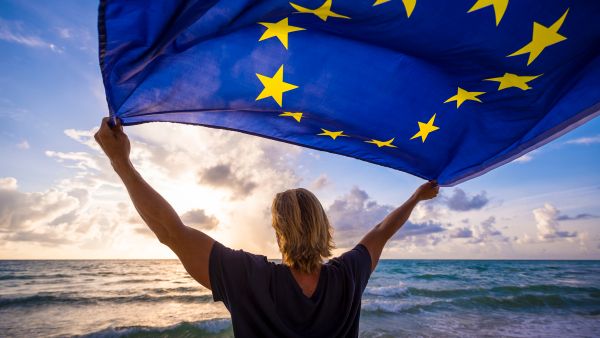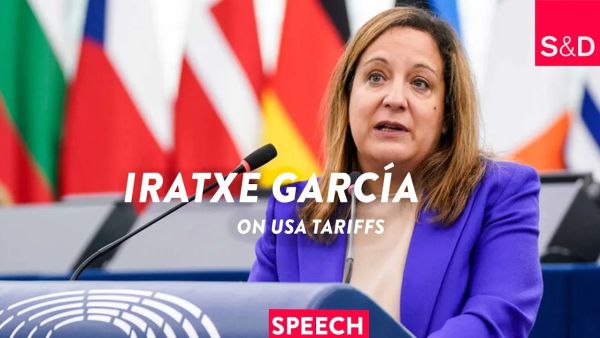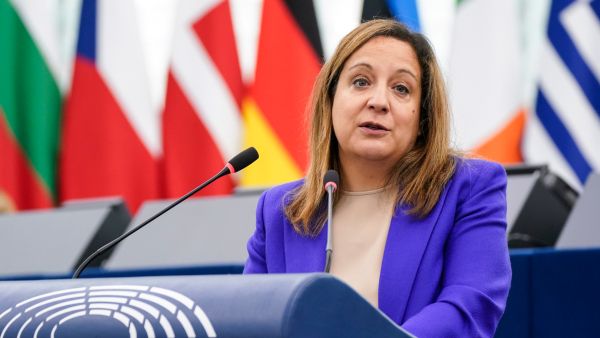Wildlife trafficking has become big business, worth an estimated €20 billion annually. It is one of the major forms of organised crime, and the EU is one of the main markets. This is why Socialists and Democrats today backed an immediate EU ban on the trade of ivory and rhinoceros horn, and called for proper sanctions. The S&Ds also supported a ban on wildlife which has been illegally harvested or traded in third countries: currently species taken in violation of the national legislation of third countries can be traded with impunity in the EU.
The European Parliament today voted on an EU Action Plan against Wildlife Trafficking to tackle this growing threat to biodiversity, and even to enforce national security in some source countries.
According to reports, there is an unprecedented spike in this trade: more than 23 metric tons of ivory was seized in 2011, a figure estimated to represent 2,500 elephants. Rhino poaching in South Africa increased from 13 to 1,004 rhinos between 2007 and 2013.
S&D spokesperson on wildlife trafficking, Susanne Melior MEP, said:
"We must take immediate action to better protect endangered animals and plants. Large organised gangs have made the trade in ivory and rhino horn one of the most lucrative illegal businesses. Ivory trade within the EU and other countries must be stopped. The Great Elephant Census in Africa has shown just how urgently this action is needed. Every year, there is an 8% decline in the elephant population through poaching. If this is allowed to continue, within a few decades there will be no more wild elephants."
S&D spokesperson on the environment, Miriam Dalli MEP, said:
"There is an increase in the global demand for wildlife species and their products, with the EU being a central hub and transit point for trafficking. For these reasons, a robust set of measures is urgently needed, that will enable the EU to fight the illegal trafficking of wildlife products. Implementing the EU Action Plan for Wildlife trafficking is crucial, and a swift response is necessary.
"Proper implementation requires the appropriate back-up with financial and human resources. It is now up to the member states to demonstrate their high-level political commitment, and endorse this Action Plan to make sure that we will not be in a situation where more illegally traded species end up under the threat of extinction."
Related content
Find out more







